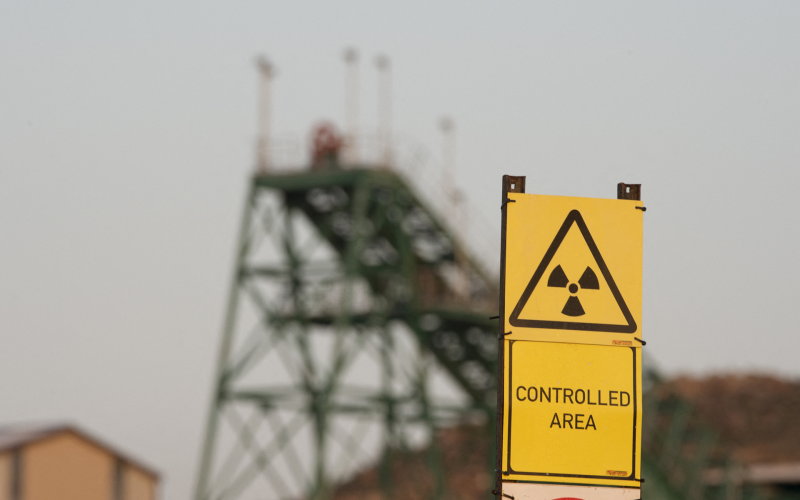In this, South Africa is not unique. Few issues are as important to Africa’s future as landholding. Land signifies not only economic opportunities – critical though these are, given the continent’s reliance on primary industries – but cultural belonging and social status. It is politically volatile: land conflicts cost lives in various places across Africa and it was a controversial land deal with foreign investors that helped drive a coup in Madagascar in 2009.
In the context of expanding global population and consequent demand for foodstuffs, land is one of the keys to the continent’s development. Over half the world’s uncultivated land is in Africa. But this potential is undermined significantly by poor and confused land governance.
African landholding is a patchwork of systems, drawing on pre-colonial, colonial, post-colonial and cultural frameworks. In the rural hinterlands of many countries, as little as 10% of land is formally titled. This makes it difficult for small-scale farmers to use their land as a bankable asset, and so places hurdles before innovation. It also denies residents security in their homes and fields. And it contributes to violent contestation over access.
Read the related paper Space, Soil and Status: Insights From the APRM Into the Governance of Land In Africa
Africa’s people need better property rights. These could create the needed certainty that long-term investment thinking demands, while also starting to establish Africa’s land as a collateral asset. But ‘better’ property rights do not necessarily imply complete freehold as is sometimes assumed. Property rights are likely to be no more effective than the capacity for their enforcement. In much of Africa, the institutions of enforcement remain weak and inefficient.
Rather, Africa should be guided by the imperative of improving the protection of individuals’ landholding. Where property rights are a new concept, and where administrative systems are weak, this can better be achieved by harnessing established social legitimations as an initial measure. For example, in Zambia, Customary Landholding Certificates have been issued to people living under traditional jurisdiction. While not conferring ownership, these provide an element of tenure security which did not exist previously.
Extending Africans’ property rights also implies caution about the powers over landholding vested in governments and other authorities, even where they may claim to act in trust for the broader population. Such arrangements are common in Africa, and will be for a long time. But a property rights system demands that ordinary Africans – individuals and communities – be given increasing command over their landholdings. This is not only a matter of opening up the economic value of Africa’s land but of moving land governance into the realm of deliberative politics.
Property rights are, of course, not a panacea. Africa’s rural infrastructure, for instance, is woefully inadequate to its needs, and massive investment is needed to unlock the value of its land. And the process of enhancing property rights can be profoundly unsettling. And ultimately, the long-term durability of a property rights regime requires functioning administrative systems, such as courts and registries. Challenging prospects, but necessary ones, since property rights are an essential part of leveraging Africa’s land for its prosperity and stability.
Terence Corrigan is a Research Fellow with SAIIA’s Governance and APRM Programme. This article is based on his Occasional Paper, Space, Soil and Status: Insights from the APRM into the Governance of Land in Africa.







